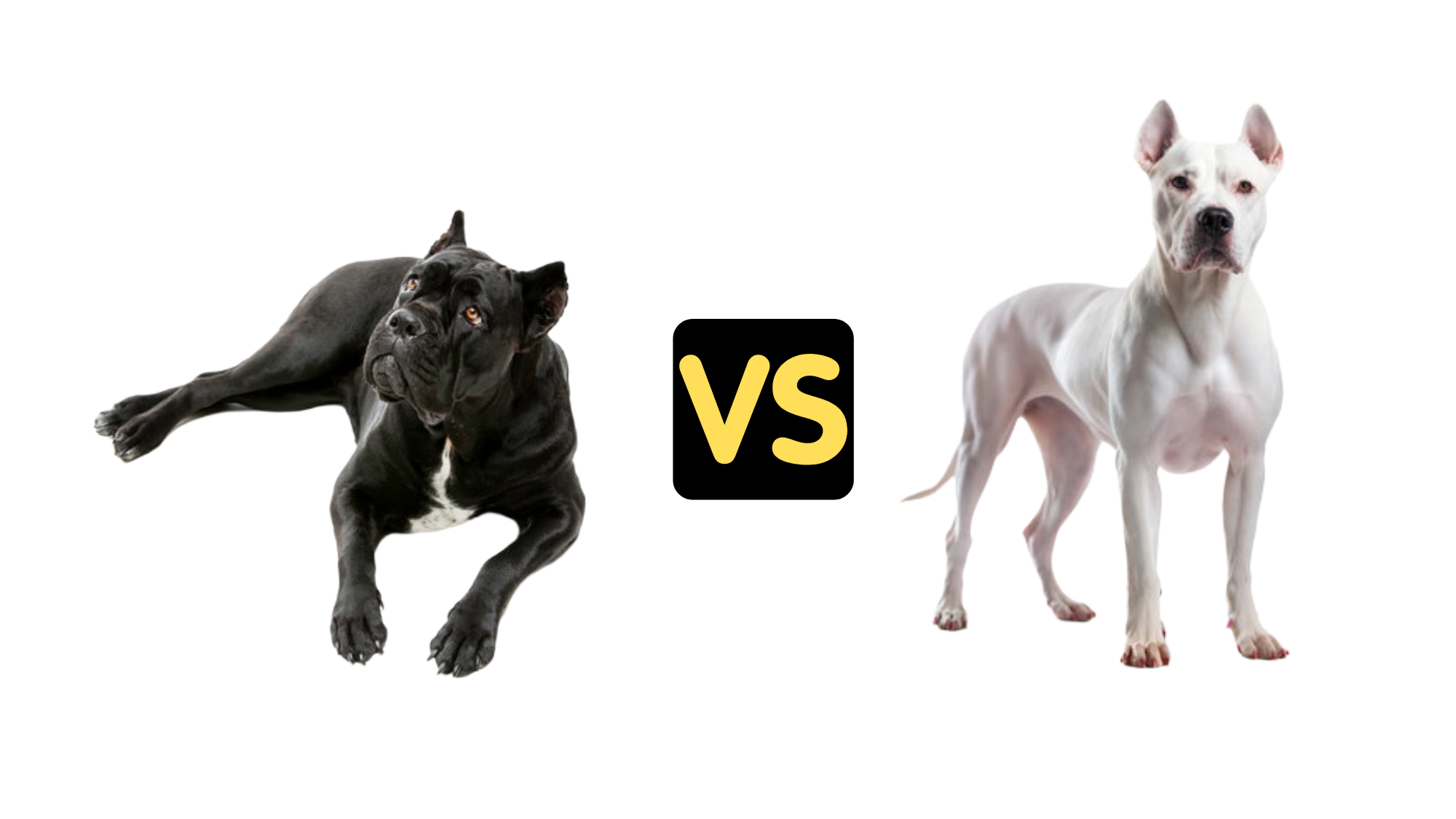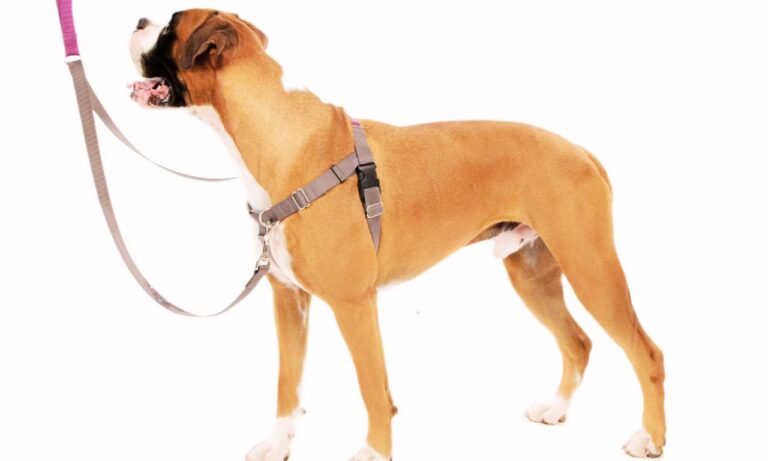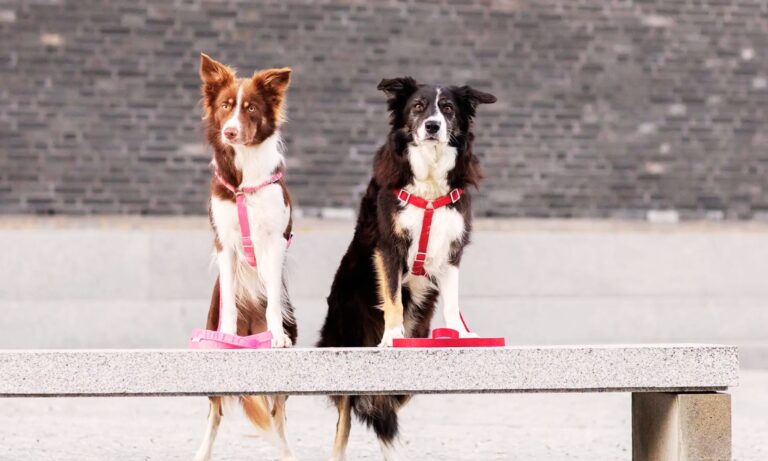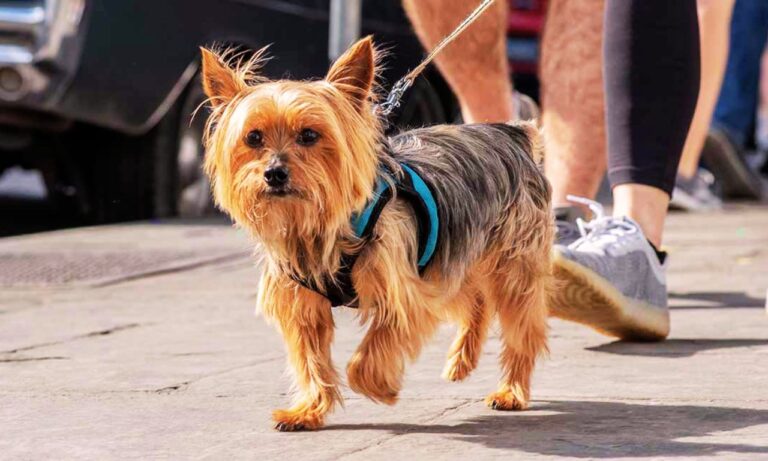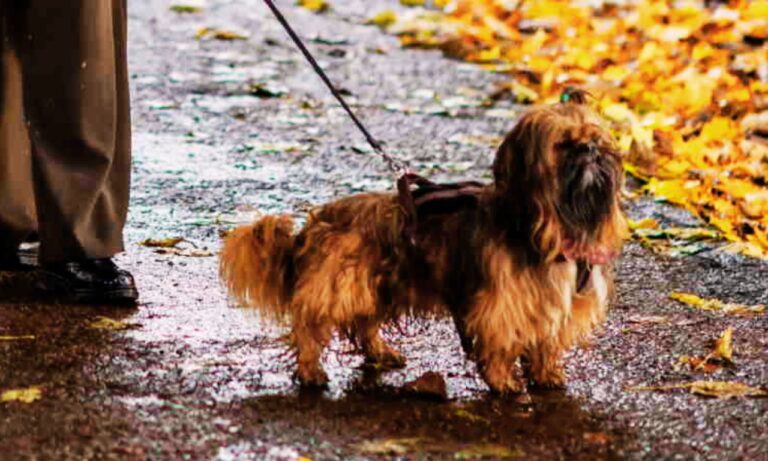| Summary: Cane Corso vs Dogo Argentino Size: The Cane Corso is generally taller and heavier than the Dogo Argentino. Male Corsos reach 25–27.5 inches and weigh 100–110 lbs, while Dogo Argentinos stand 24–26.5 inches and weigh 88–100 lbs. Both are muscular, but the Cane Corso appears bulkier with a broader chest and larger frame. |
When comparing two of the most powerful Molosser breeds — Cane Corso vs Dogo Argentino Size — it’s essential to understand not just how big they get, but how they grow, build muscle, and fill out over time. While both are large, working-class dogs bred for protection and pet hunting, their size profiles and physical compositions tell different stories.
If you’re deciding between them or just curious how these canine giants measure up, this guide dives into all aspects of their size — from puppy weight charts to adult height, mass distribution, and even how their size influences lifestyle needs and health. Ensure your Newfoundland’s comfort and security with expert tips on how to ensure a safe collar fit for Newfoundland.
Whether you’re a future dog owner, breeder, or enthusiast, this breakdown helps you clearly see the differences and make the right choice based on structure, stamina, and long-term growth.
Blog Highlights
ToggleGrowth Rate: How Fast Do These Breeds Grow?
Both Cane Corsos and Dogo Argentinos grow rapidly in their first year, but their growth curves differ after that. The Cane Corso takes longer to reach full physical maturity, continuing to fill out muscle and frame well into the second and even third year. The Dogo Argentino, while still growing past the first year, matures slightly faster, especially in skeletal structure.
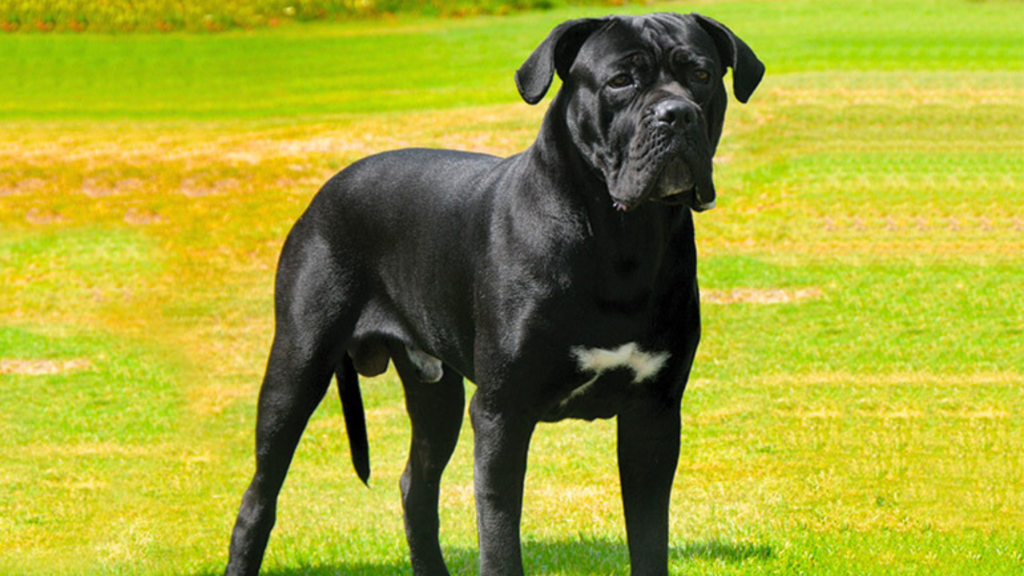
During the first six months, both breeds pack on substantial size — tripling or quadrupling their birth weight. By 1 year, you’ll see most of their adult height, though Cane Corsos may still look lanky until they bulk up later. Discover the ideal fit by learning what size collar for Newfoundland dog to ensure your pet’s comfort and safety.
Average Growth Chart (Male Comparison)
| Age | Cane Corso (Weight) | Dogo Argentino (Weight) | Cane Corso (Height) | Dogo Argentino (Height) |
| 2 Months | 18 – 25 lbs | 16 – 22 lbs | 10 – 12 in | 10 – 12 in |
| 4 Months | 40 – 55 lbs | 38 – 48 lbs | 16 – 18 in | 17 – 19 in |
| 6 Months | 60 – 75 lbs | 55 – 70 lbs | 20 – 23 in | 22 – 24 in |
| 9 Months | 80 – 100 lbs | 75 – 85 lbs | 23 – 25 in | 24 – 25 in |
| 1 Year | 90 – 110 lbs | 85 – 95 lbs | 24 – 26 in | 24 – 26 in |
| Full Grown | 100 – 130 lbs | 88 – 100 lbs | 25 – 27.5 in | 24 – 27 in |
Note: Female Cane Corsos and Dogos are generally 15–20% smaller and shorter than males.
Cane Corso: Built Like a Tank, Slow to Maturity
The Cane Corso is an Italian mastiff — bred for guarding property, livestock, and families. They carry a commanding presence with broad chests, thick necks, and massive heads. Their skeletal frame is robust, and their joints are heavier-set compared to many other breeds.
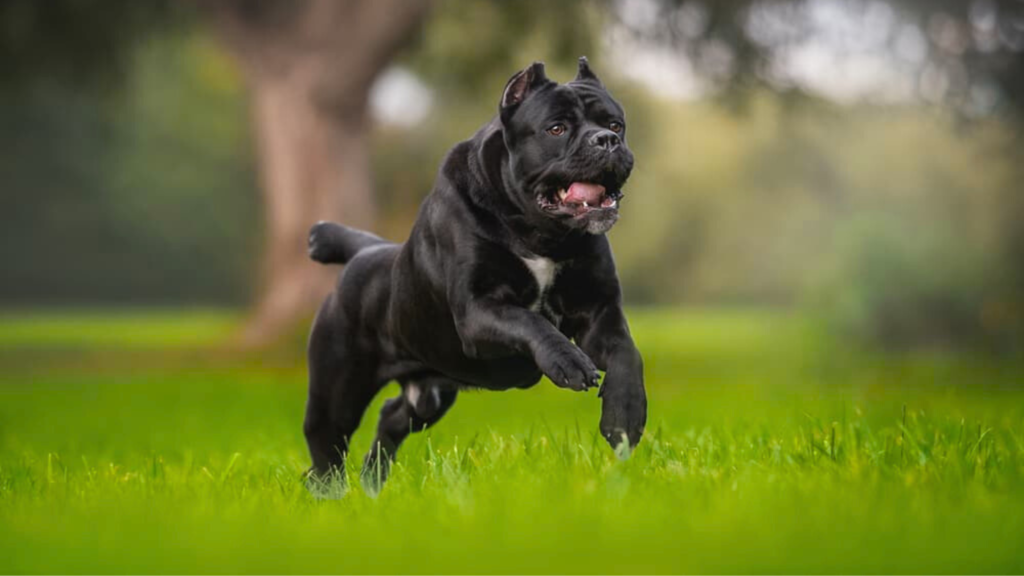
But with this size comes a growth curve that doesn’t stop at 12 months. In fact, most Corsos continue to bulk up until 24 to 30 months, especially the males. For expert tips on how to fit a collar on a Belgian Shepherd, this guide offers simple steps to ensure your dog’s collar fits securely and comfortably.
Size Specs
- Adult Male Weight: 100–130 lbs
- Adult Male Height: 25–27.5 inches at the shoulder
- Adult Female Weight: 85–110 lbs
- Adult Female Height: 23.5–26 inches
Body Composition
The Cane Corso is stocky, muscular, and often misunderstood as overweight due to their wide stance and dense bone structure. Their power is expressed in thick forearms, broad paws, and a deep, rectangular torso. Compared to other Mastiffs, the Corso is relatively agile but still slower than leaner breeds like the Dogo Argentino.
Most owners notice that after the first year, their Corso becomes “blockier,” especially in the shoulders and jawline. Neutered males may have a slightly less defined physique, while intact dogs develop thicker necks and heavier rear ends over time.
Dogo Argentino: Lean, Fast, and Muscularly Defined
The Dogo Argentino, originally developed in Argentina for big-game hunting (especially wild boar), is leaner and more athletic than the Cane Corso. But that doesn’t mean it’s small — quite the opposite. The Dogo’s size is just distributed differently. They carry more muscle on a lighter frame, giving them speed and agility without losing intimidation factor.
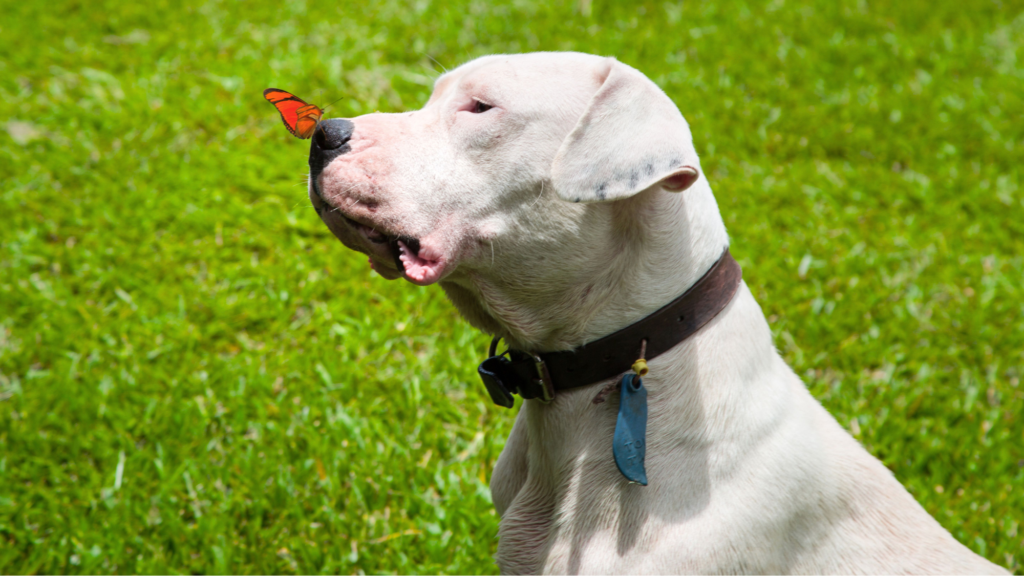
Size Specs
- Adult Male Weight: 88–100 lbs
- Adult Male Height: 24–27 inches
- Adult Female Weight: 75–85 lbs
- Adult Female Height: 23.5–25 inches
Body Composition
Dogos are muscular but not bulky. Their coats are short and tight, revealing a chiseled body beneath. The muscles are visible, especially around the thighs, shoulders, and back. Their legs are longer in proportion to their torso than the Cane Corso, which helps them achieve greater speed and jumping ability.
Unlike Corsos, who are often seen as bodyguards, Dogos are like sprinters — they’re built for movement and momentum. They can scale fences, leap obstacles, and sprint in bursts when hunting. This sleek athleticism makes them look slightly smaller than Corsos, but in reality, they’re very close in height and often surpass Corsos in reach and agility.
For detailed guidance on selecting the correct collar size for a Belgian Shepherd, this article provides essential tips to ensure your dog’s comfort and safety.
Cane Corso vs Dogo Argentino Size Structural Comparison: Frame, Girth, and Gait
Frame Type
Cane Corsos have a square, mastiff-like structure with broad frames, deep chests, and heavy legs. Their heads are boxy with a pronounced stop and deep-set eyes. Dogos, on the other hand, have a more elongated, athletic frame. Their muzzles are longer, their heads more refined, and their shoulders sleeker. They’re structurally closer to a Pit Bull or American Bulldog than to a Mastiff.
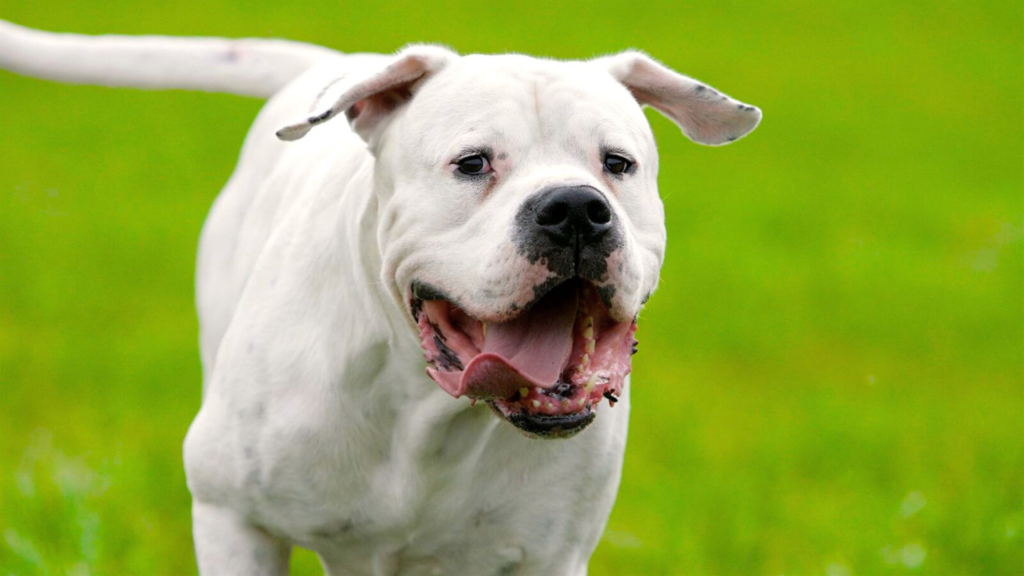
Gait and Movement
The Corso walks with a slow, deliberate gait, often described as a powerful “prowl.” Their joints move with force, not finesse. In contrast, the Dogo moves like a panther. Their stride is smooth, confident, and driven by long legs. Their gait is springy, and they have a unique “bounce” during alertness or play.
Neck and Head Size
Corsos have thicker, shorter necks and wider skulls. Their jaws are powerful, but their head size can affect agility. Dogos have more proportional heads to their bodies, with tight lips and longer muzzles, giving them a quicker bite and better visibility during motion.
Impact of Size on Training and Performance
Because Cane Corsos are so heavy and slow to mature, they often require patience during training. Their strength can become a liability if not socialized early. Their large size makes them dominant, so consistency in leash training and behavior shaping is key.
Dogos are easier to train in high-energy, athletic tasks like sprint recall, fence jumping, and boar hunting. But their size can make them impulsive if not corrected early.
Their prey drive and lean build demand mental stimulation in addition to physical exercise. Discover the perfect collar size for an Anatolian Shepherd Dog to ensure comfort and security for your furry friend.
In short:
- Cane Corso: Better suited for stationary or protective roles like guarding homes or working as a deterrent.
- Dogo Argentino: Better suited for high-energy outdoor roles — search, rescue, field hunting, or security in motion.
How Size Affects Health and Longevity
Both breeds are generally healthy when responsibly bred, but their size affects how long they live and what conditions they’re prone to.
Cane Corso Health Risks
- Hip and elbow dysplasia due to heavy bone structure
- Bloat (gastric torsion), particularly in deep-chested dogs
- ACL tears or joint strain during adolescence
- Entropion (eyelid rolling inward) from large facial structure
- Average Lifespan: 9–11 years
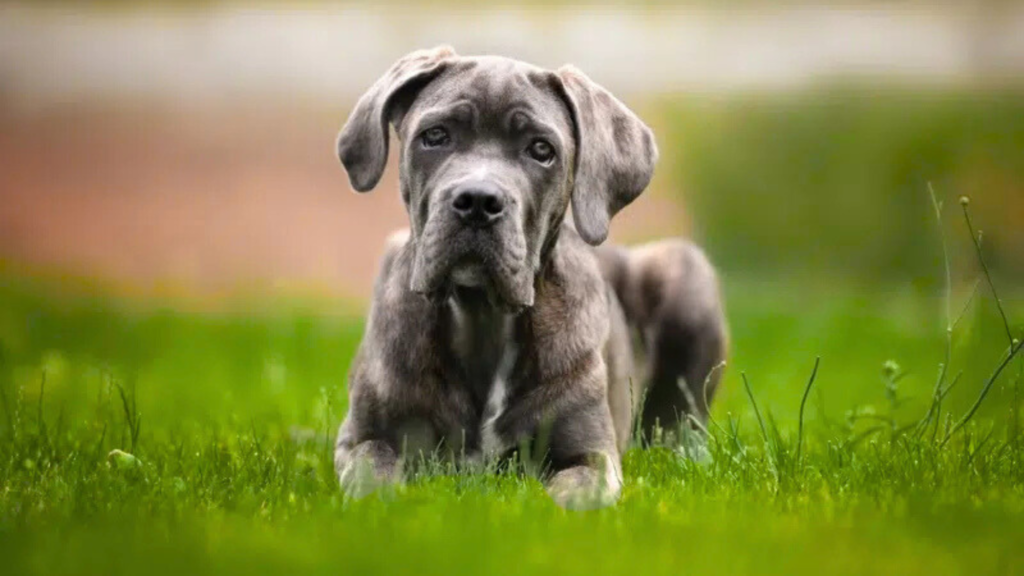
Dogo Argentino Health Risks
- Hip dysplasia (less frequent than in Corsos)
- Deafness (linked to white coat genetics, especially in one or both ears)
- Skin cancer from sun exposure due to light pigmentation
- Thyroid issues or food allergies
- Average Lifespan: 10–13 years
While both can exceed expectations with good care, Dogos tend to have the edge in longevity due to their lighter frame and fewer orthopedic issues.
Size and Lifestyle Fit: Which Breed Works for You?
Cane Corso in the Home
Ideal for large homes or fenced properties. Their size demands space, and they prefer routine. They thrive with owners who enjoy calm, structured environments with clear rules. Not ideal for first-time dog owners or apartment living. Their large size means more food, stronger crates, and durable gear.
Dogo Argentino in the Home
Needs a secure yard and a lot of exercise. Despite their size, they adapt better to energetic households or individuals who can provide structure and movement. If under-stimulated, they become destructive fast — but if engaged properly, they’re incredibly loyal and focused.
Final Summary: Cane Corso vs Dogo Argentino Size — Which One Wins?
There’s no clear “winner” between Cane Corso vs Dogo Argentino Size — only a better match for your life.
The Cane Corso is larger in weight and girth, taking more time to mature and needing consistent structure. Their size gives them a commanding presence — perfect for guard duties, home protection, and companionship rooted in calm authority.
The Dogo Argentino is leaner, faster, and slightly taller in appearance, with a frame built for speed and hunting. Their size supports athletic tasks, and their growth is faster, making them ready to work at a younger age.
Here’s a quick recap:
| Trait | Cane Corso | Dogo Argentino |
| Weight Range | 100–130 lbs (male) | 88–100 lbs (male) |
| Height Range | 25–27.5 inches | 24–27 inches |
| Growth Period | Up to 30 months | 18–24 months |
| Body Type | Stocky, broad | Lean, muscular |
| Speed & Agility | Moderate | High |
| Strength & Mass | High | Moderate to high |
| Lifespan | 9–11 years | 10–13 years |
Ultimately, if you want a strong, imposing guardian — go with the Cane Corso. If you prefer speed, intensity, and a slightly more manageable size with high energy, the Dogo Argentino is your ideal match. Learn more about the unique double-layered coat of an Anatolian Shepherd and how to care for it effectively.
Need help picking the right-sized collar or crate for your growing Dogo Argentino or Cane Corso? We’ve got breed-specific gear recommendations too — just ask!

